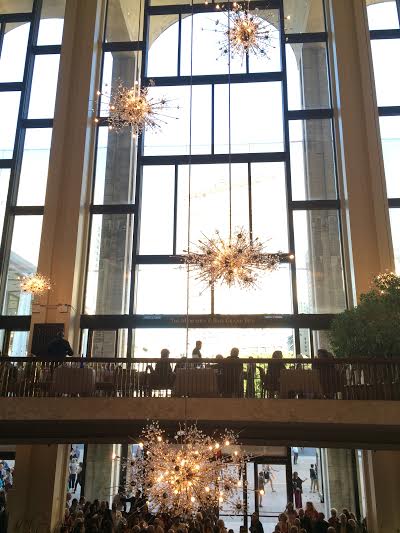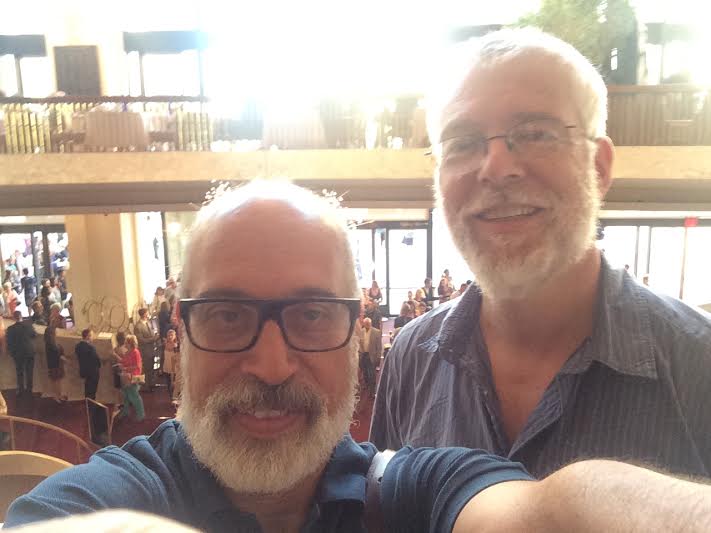Every year we get season tickets to the spring-summer fairy tale performances of the American Ballet Theatre at Lincoln Center. This year’s season included La Bayadere, Sleeping Beauty, Romeo and Juliet, Swan Lake, and just concluded with the stunning production of Cinderella. Every year I fall in love with these stories and the music all over again — although the new production of Sleeping Beauty this year was very disappointing: the performances by the dancers were spectacular but the choreography itself and the costumes/sets were not exciting.
Cinderella’s tale is, of course, one of the best known fairy tales in the English-speaking world although there are so many variants of it from so many cultures that it probably ranks as one of the best known tales anywhere. (One version has been traced back to Egypt in 7 B.C.) For an interesting article on the history of the tale, click here.
One aspect of the story that is hardly discussed is the likelihood of anyone ever really having a godmother or godfather who was a fairy. In standard Christian practice, a godparent must be a baptized member of the Church and promises to raise the newly-baptized child in the faith. This means that a non-Christian was not eligible to serve as godmother or godfather. For a fairy to be eligible to serve as godmother, the fairy would have to have been a baptized convert to Christianity — a highly unlikely possibility as baptismal/holy water was considered anathema to fairy folk and immersion or sprinkling with the consecrated water would have incinerated the fairy! If a fairy DID convert and survived the baptism, this raises two questions. One was WHY would a fairy convert to Christianity? The other was much larger and did actually impact theology: fairies were non-human and there were serious questions in medieval western Europe about whether non-humans (ex. animals, who had no souls or angels, who had no bodies) could be saved. A fairy godmother — if one were to actually exist — would force many theologians to rethink their basic assumptions of how God works in the world.
But still, who hasn’t wanted a fairy godparent looking over their shoulder to protect them at least once in a while?!


